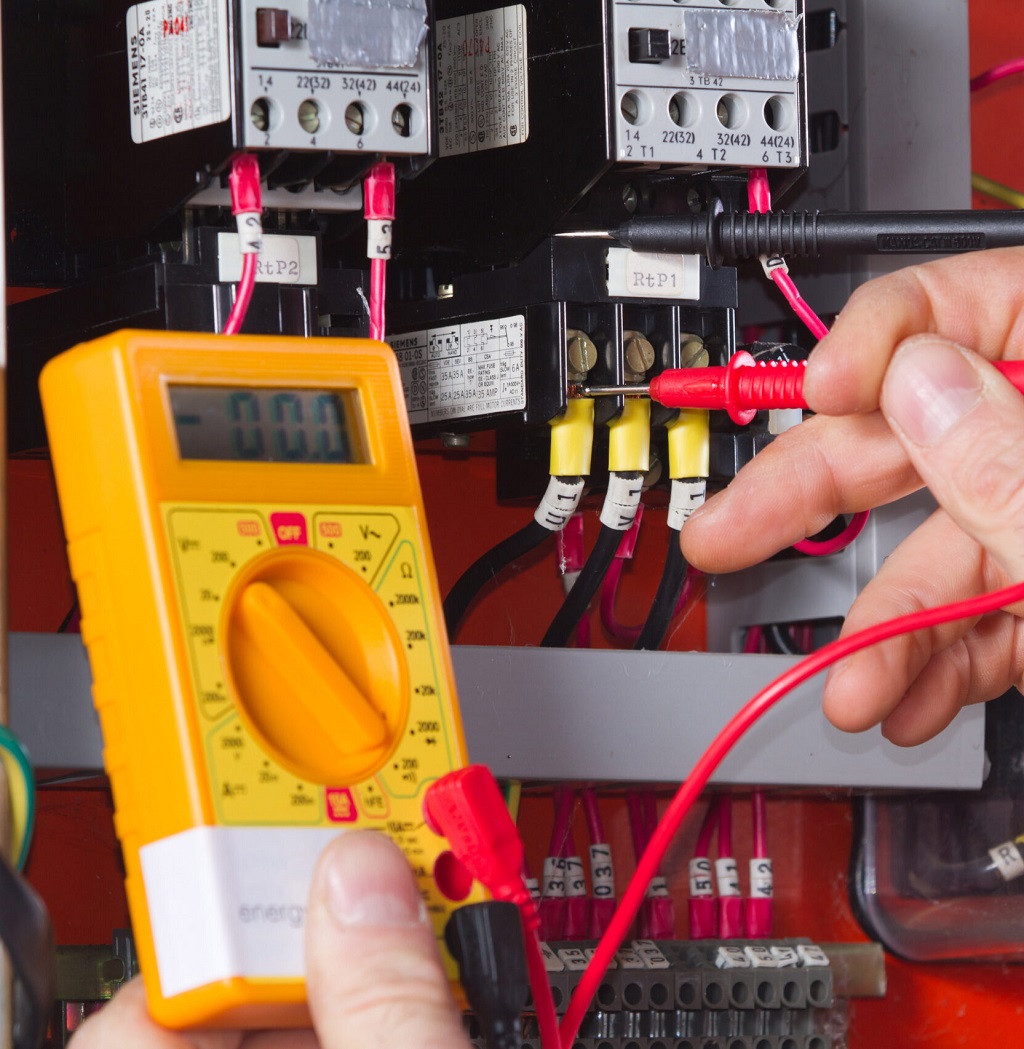Building Up Better: Essential Steps To Starting An Electrician Business

Starting a small, local electrician business is an exciting opportunity to provide a needed service in the community and to become your own boss. With the right knowledge, experience, and resources, you can create a successful business that serves the community and makes a profit. By understanding the local market, developing a well-defined business plan, and investing in the right tools and resources, you can create a successful business that meets the needs of customers.
Licensing Requirements
Before starting an electrician business, it's important to be aware of all required licensing and certifications. Depending on where you plan to open your business, the requirements may differ. Generally speaking, most electricians will need to obtain a license from the state government in order to legally provide services.
As an electrician, it is a requirement to be CPR certified. Employers should make this requirement clear when hiring staff, and it is important to ensure that any new staff members have their CPR certification in order. All electricians should be mindful of CPR renewal, making sure that their certification remains valid and up to date. This is a crucial requirement for all electricians and should not be overlooked.
Electricians should obtain certifications in areas such as electrical engineering technology, electronics engineering technology, and industrial systems technology. To become an apprentice, they must have at least a high school diploma or GED, and complete specific hours of training with a certified electrician. Once they have successfully completed their apprenticeship program and obtained all necessary certifications, they can apply for their state-issued license.
Tools And Equipment Needed
Now that the licensing and certification requirements have been addressed, it's time to look at the tools and equipment needed for a successful electrician business. Generally speaking, electricians will require basic hand tools such as wire cutters, screwdrivers, voltage testers, fish tapes, and drills. They may need specialized equipment such as multimeters, power generators, and conduit benders.
Business Structure Planning
Once the necessary certifications, tools, and supplies are in place, it's time to start planning the structure of your electrician business. Whether you decide to operate as a sole proprietor or form a corporation or LLC, it's important to carefully consider all the options before making a final decision.
When deciding on a business structure, take into account factors such as taxes and liability. A sole proprietorship will offer more freedom and flexibility but may come with more personal liability for any debts or legal issues that may arise. On the other hand, forming an LLC or corporation can provide limited liability protection from creditors and potential lawsuits. Consider how you want to manage taxes for your business. The best option will depend on the type of services you provide and how much money you plan to make annually. Researching different tax regulations can help you choose the best option for your business needs.
Financing Options
Once the business structure is planned, it's time to explore financing options. Starting an electrician business typically requires a significant investment in tools and supplies, so it's important to have a plan for how you will pay for these costs.
One option is to use personal savings or investments. If you have saved up enough money from your previous job, this can be a great way to get your business off the ground without taking on any debt. However, if you don't have enough financial resources on hand, you may need to consider other methods of funding.
Small business loans are another common option for electricians starting their own businesses. These loans can provide much-needed capital to purchase tools and materials, as well as cover operational expenses like rent and utilities. Additionally, there are several grants available specifically for small businesses that could provide additional funding sources.
Developing Safety Protocols
Once the customer service and supplier relationships are in place, electricians must also develop safety protocols to ensure the safety of their employees and customers. Working with electricity is a dangerous job, so taking the necessary precautions is essential.
To begin, electricians should invest in high-quality safety equipment such as insulated rubber gloves and protective eyewear. If any employees lack the proper equipment or training, it's important to provide them with both so they can work safely. Additionally, electricians should be aware of any local regulations regarding electrical work and make sure that their employees comply with all applicable laws.
For larger projects, electricians may want to consider hiring an outside consultant to review their safety protocols and procedures. Doing so can help identify potential risks before they become costly disasters. Ultimately, taking the necessary steps to ensure a safe working environment will not only protect everyone involved but also help build trust in the business.
Starting an electrician business is no easy feat. It requires careful planning, financial resources, and the right tools and equipment. With the right tools, knowledge, marketing strategies, customer service practices, safety protocols, and professional attitude it is possible to turn your dream into reality.
839GYLCCC1992



Leave a Reply